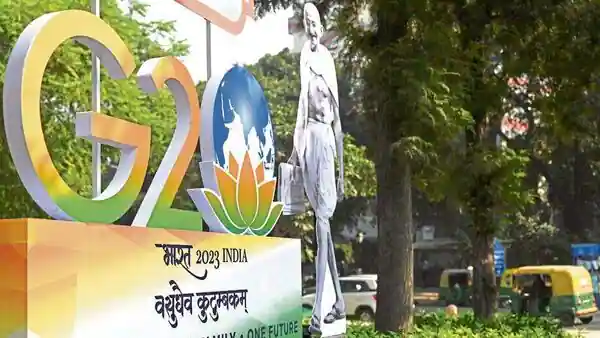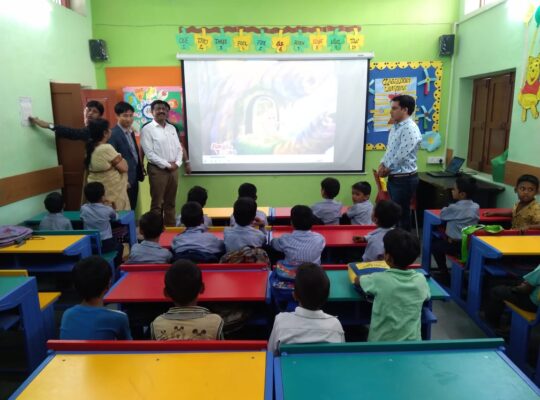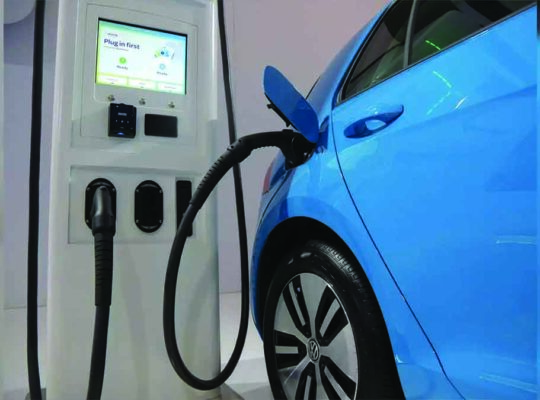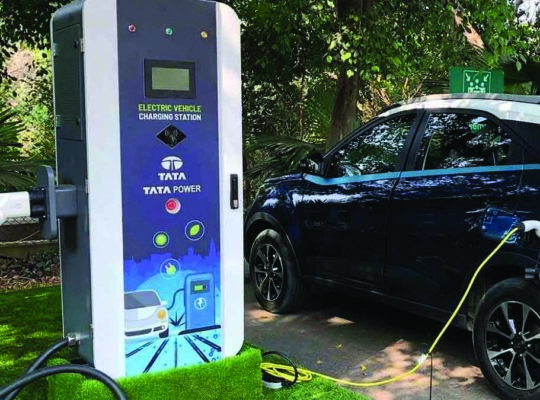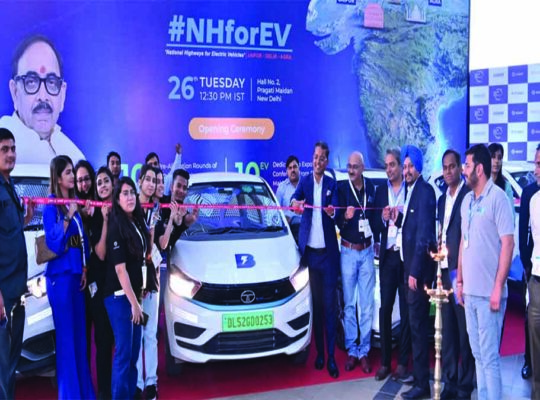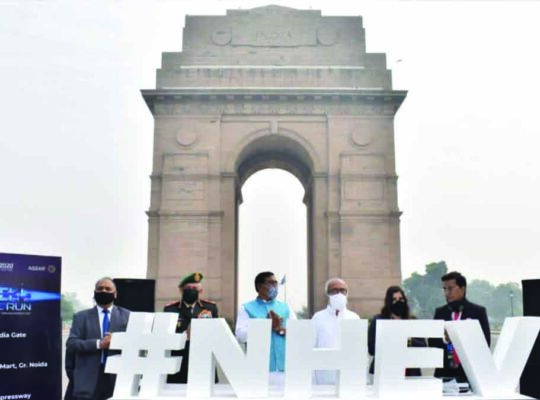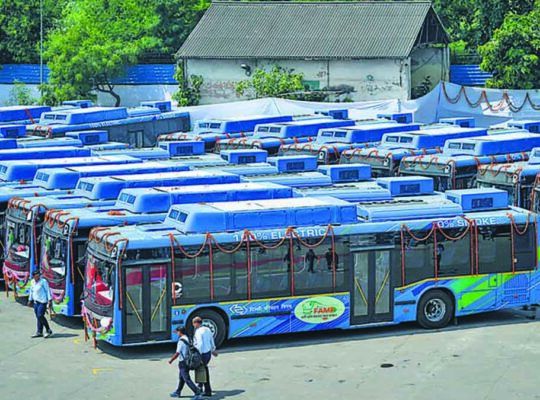NEW DELHI: India will pitch itself as a potential manufacturing hub for fast electric chargers, EV batteries and battery recycling during the G20 summit this year under its presidency.
Keeping in view the huge potential that the country has in the EV manufacturing ecosystem with growing demand both in the domestic and global markets, the government is looking to tap the areas not yet fully harnessed in the EV ecosystem, said two officials aware of the developments.
This comes in the backdrop of the US’ ‘friendshoring’ approach of deepening economic integration with trusted trading partners, including India, to diversify away from countries that present geopolitical and security risks to supply chains. The move also coincides with Chinese manufacturing going through a slowdown amid surging covid cases.
“There are three focus areas for EV which India will emphasize upon during the G20 meetings this year. One would be manufacturing of fast electric charges, ACC (advanced chemistry cell) batteries and battery repurposing along with recycling,” said one of the two officials mentioned above.
The official said manufacturing of electric chargers in India has not picked up as expected; yet, with growing demand, the country would require one million fast electric chargers by 2030.
“With huge demand of one million fast chargers in the country, we have the potential to become the hub of electric charger manufacturing,” the official added.
The second official said India has a large number of rectifier manufacturers, but not many in the electric charger space, although rectifiers and electric chargers are pretty much the same. A rectifier is an electrical device that converts alternating current (AC), which periodically reverses direction, to direct current (DC), which flows in only one direction.
“As so many rectifier manufacturers are already operational in the country, India can take a lead in terms of EV battery chargers. Its a low-hanging fruit,” the official said.
Currently, under FAME-II, the Centre has allocated ₹1,000 crore for development and installation of charging infrastructure for electric vehicles. In a written reply to a question in the Rajya Sabha last month, union minister of state for heavy industries Krishan Pal Gurjar said the ministry has supported 520 charging stations under phase-I of the FAME India scheme. Out of 520 charging stations, 452 had been installed by 3 December.
The Centre will also project India as potential hub for battery manufacturing given that the production linked incentive (PLI) for ACC batteries has taken off well, said the first official.
Noting that the ACC PLI incentivizes manufacturing capacity of 50 GWh of batteries, the official said the demand is much higher than the capacity being set up under the PLI. By 2030, India would require 500 Gwh of EV batteries.
“We need at least 150-200 GWh of cell manufacturing. The domestic demand would reach 500 GWh by 2030,” the official said. Queries sent to NITI Aayog, ministry of heavy industries and the ministry of external affairs remained unanswered till press time.
Meanwhile, in an interview in November, union minister for heavy industries Mahendra Nath Pandey said with the progress under the PLI scheme and interest from investors, India may become self-reliant and even a net exporter of EV batteries by FY25.Further, the government is also framing an incentive scheme for niche batteries. On 24 August, 2022, Mint reported that the Centre plans to offer production linked sops worth around $500 million for developing ‘niche’ batteries.







